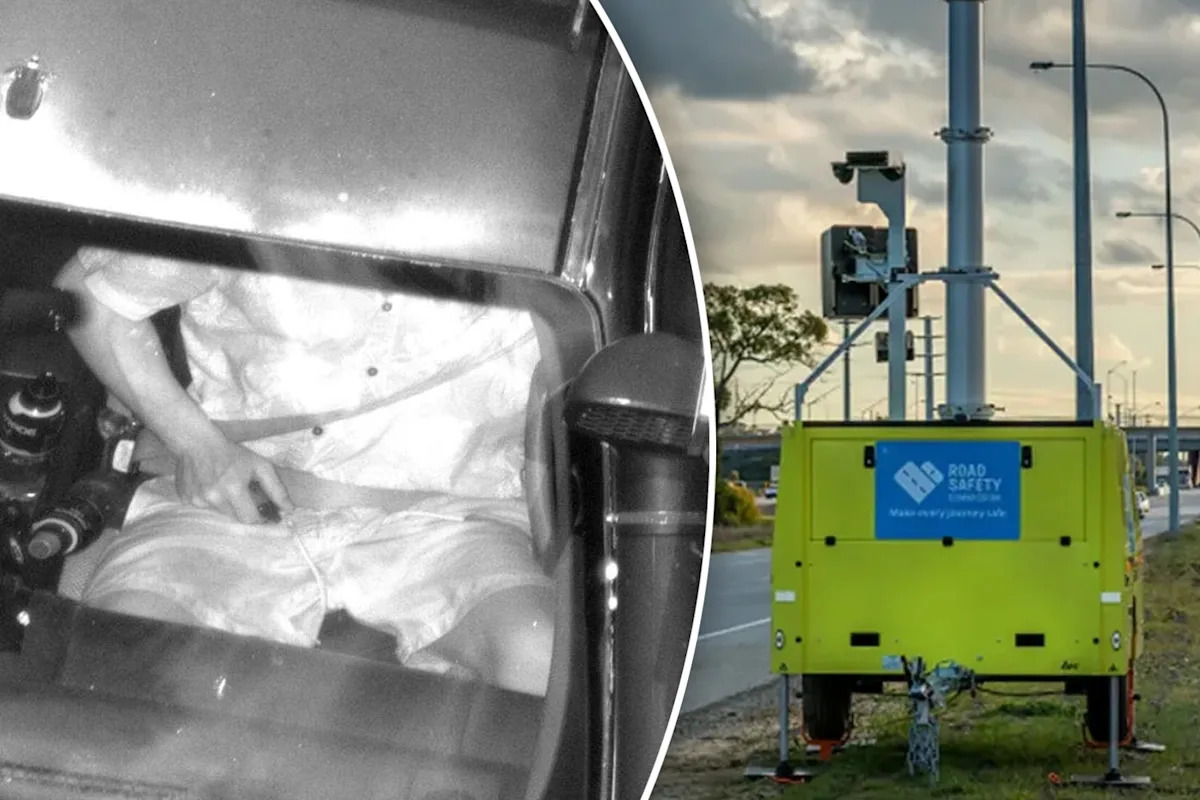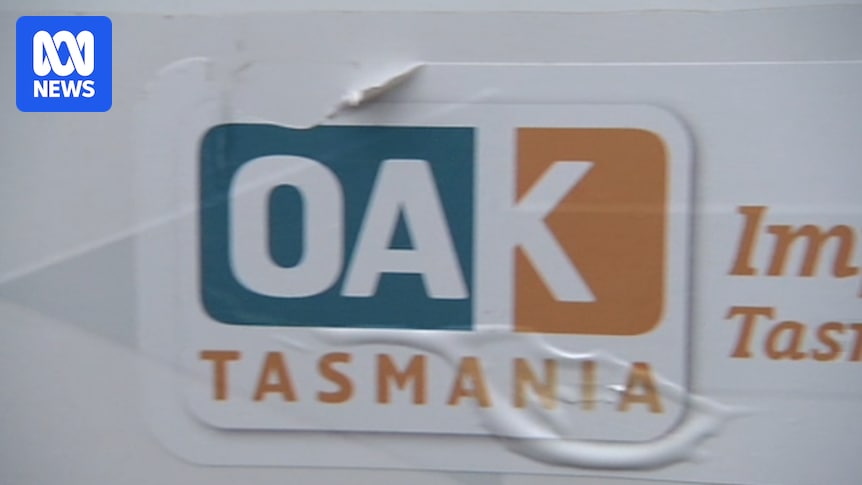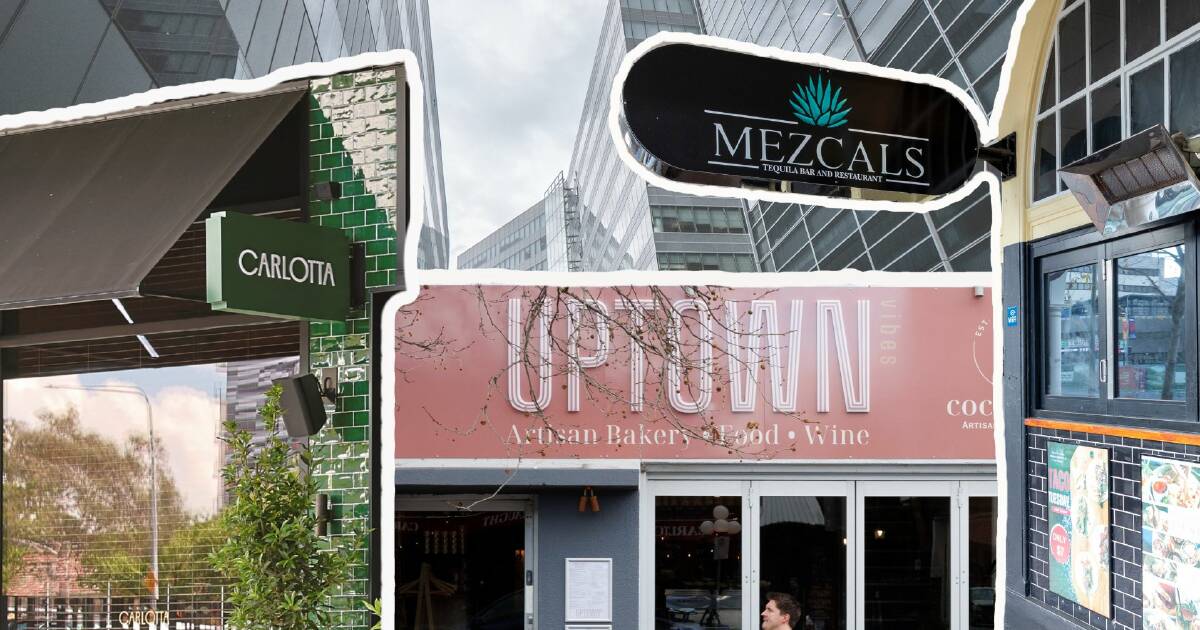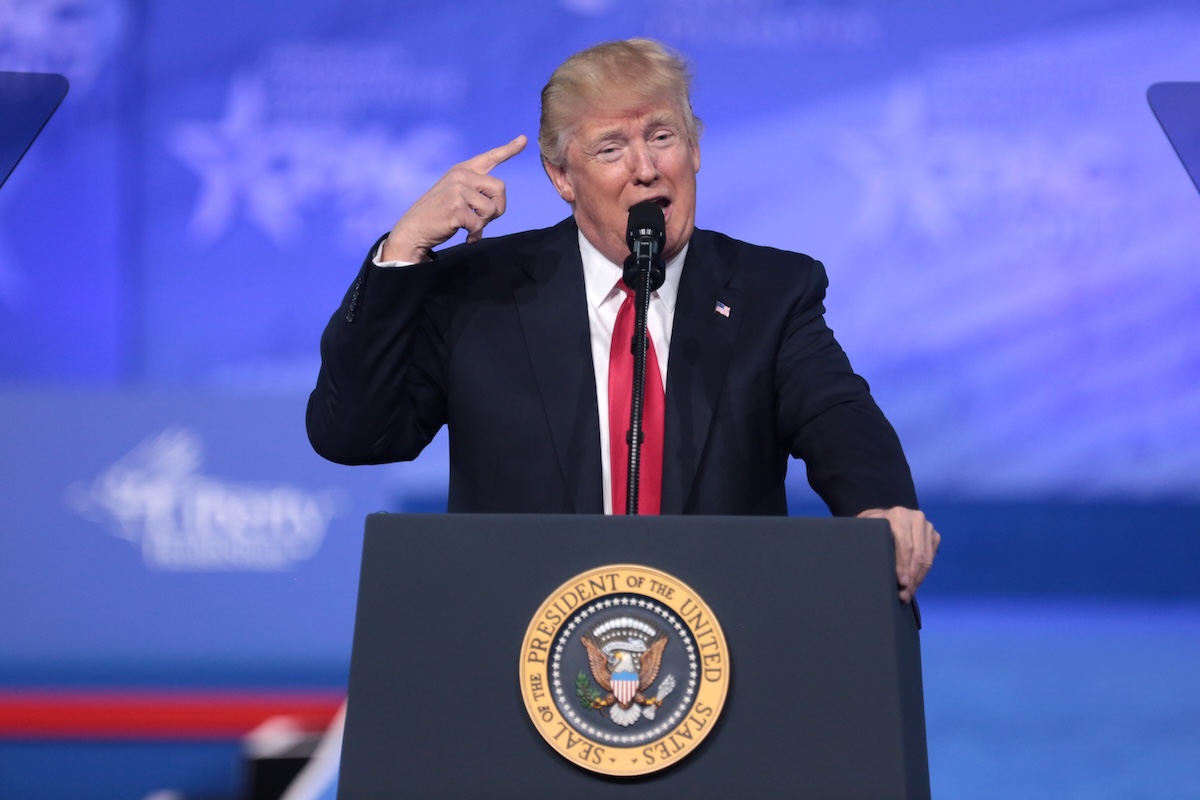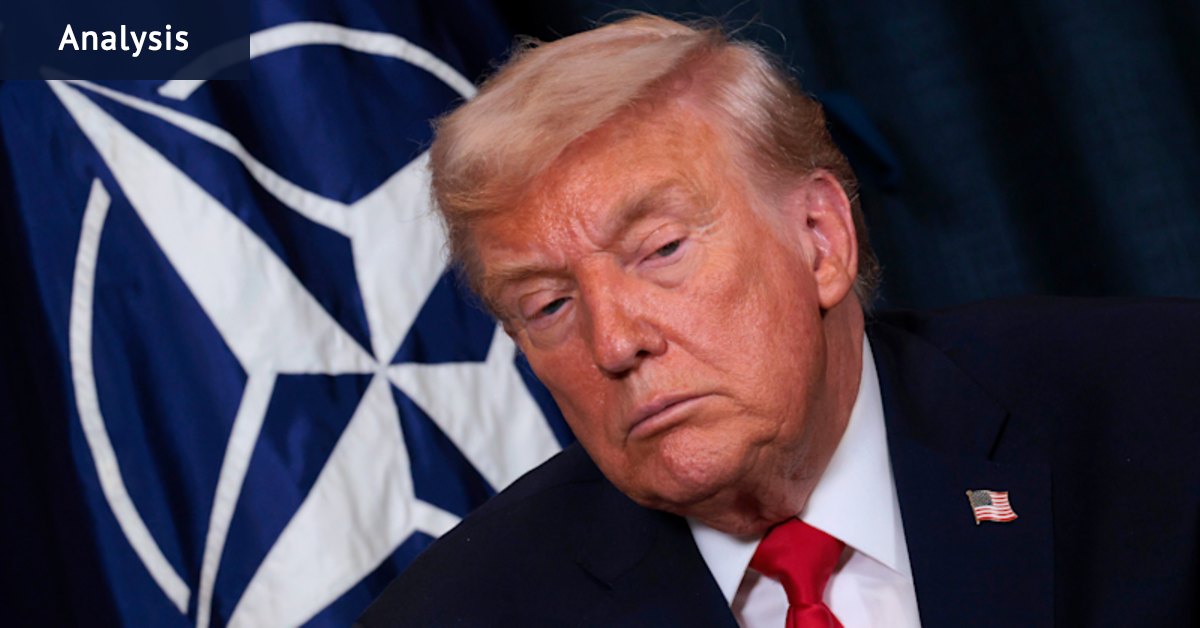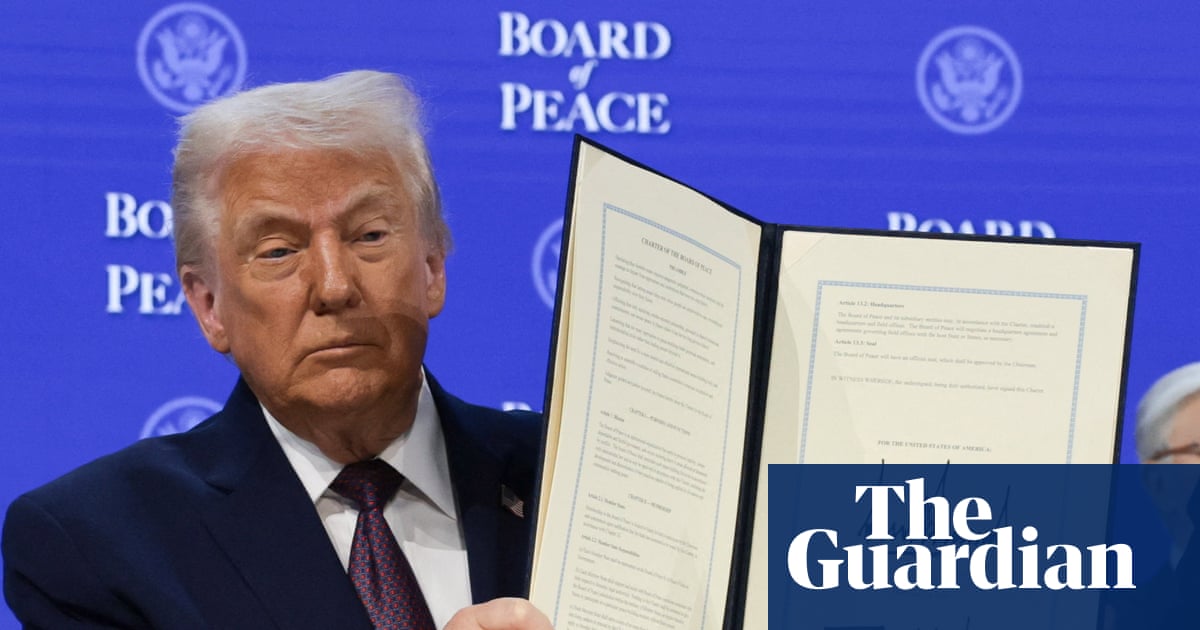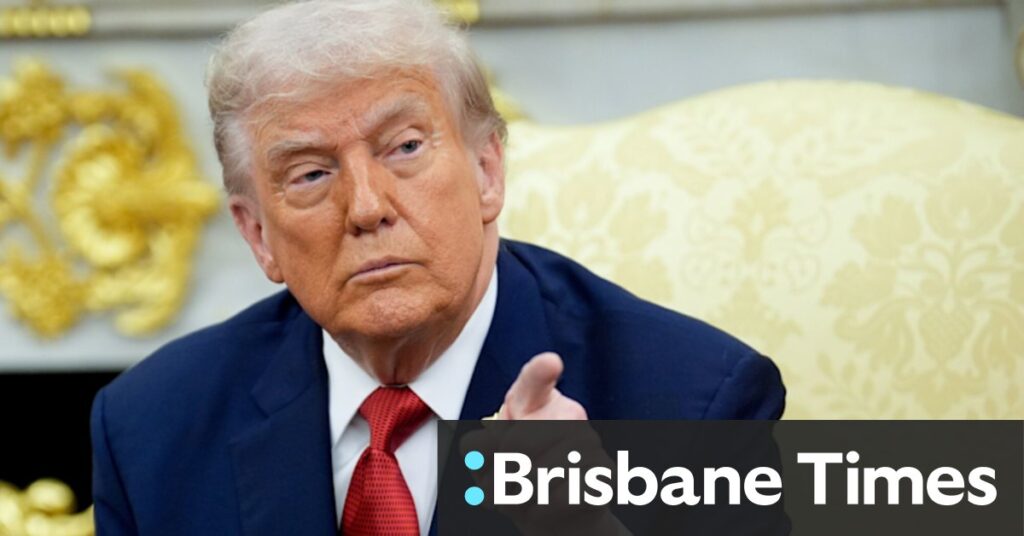
US President Donald Trump has announced a new 100% tariff on branded pharmaceuticals unless manufacturers have an American manufacturing plant under construction by Wednesday. This decision has sent Australian authorities into a frenzy as they assess the potential impact on the country’s $2 billion pharmaceutical export industry.
The announcement was made on Friday via Trump’s social media platform, Truth Social, giving pharmaceutical manufacturers a mere five days to begin construction to avoid the hefty tariffs. Trump stated,
“Starting October 1st, 2025, we will be imposing a 100% Tariff on any branded or patented Pharmaceutical Product, unless a Company IS BUILDING their Pharmaceutical Manufacturing Plant in America. ‘IS BUILDING’ will be defined as, ‘breaking ground’ and/or ‘under construction’. There will, therefore, be no Tariff on these Pharmaceutical Products if construction has started. Thank you for your attention to this matter!”
Immediate Market Reactions
The announcement of the tariffs, although lower than previous threats of up to 250%, still poses a significant challenge. As the Australian share market opened on Friday, shares in domestic biotechnology giant CSL fell by 3.6%. Despite this, a spokesperson for CSL, which accounts for a substantial portion of Australia’s pharmaceutical exports to the US, expressed confidence that the tariffs would not have a “material impact” due to the company’s significant manufacturing presence in the United States.
The spokesperson added,
“We are already expanding our US capabilities to meet the growing demand for our therapies, and we have announced further expansion of significant, new capital investments during the next five years.”
Background and Industry Concerns
American pharmaceutical companies have long been critical of Australia’s Pharmaceutical Benefits Scheme (PBS), which regulates drug prices and affects the profitability of overseas producers. In March 2025, the Pharmaceutical Research and Manufacturers of America, representing industry giants like Johnson & Johnson, Pfizer, and Eli Lilly, formally complained to the Trump administration about the Australian system.
Despite these pressures, the Albanese government remains firm on maintaining the PBS. Health Minister Mark Butler emphasized at a press conference in Adelaide that the government is working to understand the announcement’s impact on Australian industry, stating that the decision is not in the best interests of American consumers.
Butler remarked,
“We’ve been aware of the administration’s intention to take action against pharmaceutical imports into America, and we’ve been engaging with them and making the case why we should continue with the tariff-free trade that has characterized US-Australian relations for more than 20 years.”
Political Reactions and Future Implications
Opposition leaders have criticized the announcement, describing it as “a shocking but unsurprising development.” They have urged Prime Minister Anthony Albanese to address the issue with Trump directly during their upcoming meeting at the White House on October 20. Opposition Leader Sussan Ley stated,
“While other leaders are able to pick up the phone to the president, Anthony Albanese has not established such a relationship.”
The tariff announcement is the third in a series of similar declarations made by Trump, including tariffs on kitchen cabinets, bathroom vanities, and heavy trucks. The office of Trade Minister Don Farrell has been contacted for comment, highlighting the urgency and complexity of the situation.
The impending tariffs could significantly alter the landscape of international pharmaceutical trade, especially for countries like Australia that rely heavily on exporting to the US market. As the deadline looms, manufacturers and governments alike are scrambling to navigate the potential economic fallout.
